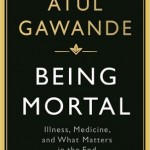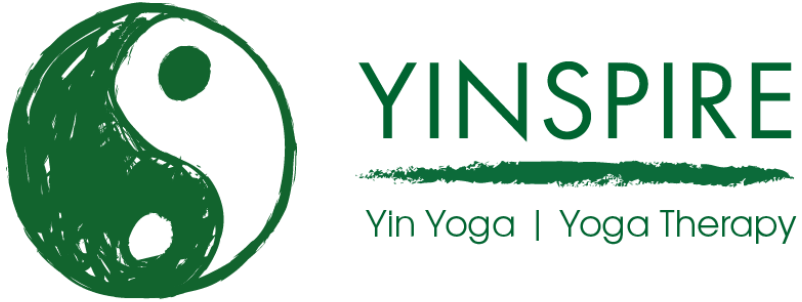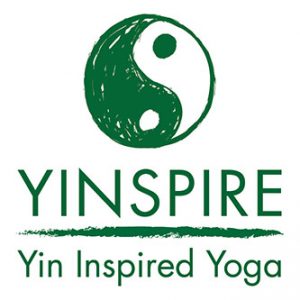 Death – mortality- catches up with us all in due course, but despite this it has an element of taboo.
Death – mortality- catches up with us all in due course, but despite this it has an element of taboo.
Written by a doctor, this book is about facing mortality – end of life care, individual wishes, the medicalisation of dying.
In days past a great many people spent their last days at, and eventually died in, their own home. More recently the process has become medicalised with doctors prolonging life at all costs, often despite side effects and loss of dignity, and the elderly and infirm being moved to soulless care homes which bear all the hallmarks of institutionalisation. The author asks simply “Is this really progress?”
At the root of this is a common failure to ask the individual – maybe someone reaching old age and frailty, maybe someone younger with a progressive terminal illness – “What do you want?”. To often the system takes over and individual choice fails. Does the individual want invasive and uncomfortable treatment to given them a few months extra life, or would they rather have less time but with comfort and surrounded by family? Does a care home really feel like “home”, or an institution run as a business?
The subtitle of the book is “illness, medicine and what matters in the end” and the author sets out to explore this medicalisation of end of life, and it’s alternatives. It makes sobering reading, and you can’t help but come away feeling that individuals are being failed.
Throughout the book various case studies are presented, covering both individual experience and organisations trying to change things for the better. The last part of the book is a very poignant case study – the terminal cancel of the authors father, and you can sense the abstract questions become real.
Almost all of us will experience concern over care for elderly relatives at some time, and this book is helpful reading to prepare for that. It’s also thought provoking as to what we may want for ourselves.
It sounds gloomy, but it’s not. End of life is the most natural of processes; the taboos and culture make it difficult.
And the relevance of Yoga to this? Well, Yoga helps us challenge pre conceptions – our own and societies – and address difficult issues – it doesn’t make them any easier, but gives us tools and inner resources to draw on. It can help us individually age healthily and prolong our days.
At one point the author draws out the difference between health and wellbeing. I’ve often defined Yoga as a wellbeing process and I think there is some merit in redefining Sutra 1:2 as a wellbeing process – “Yoga is stilling the thought waves of the mind so man can dwell in his true nature” – wellbeing must, by any definition, be at the heart of that.
As a final aside, some people will have heard me in class teaching the merit of good balance to avoid falls, which so often seem to be the beginning of the end. The fall leads to the fractured hip, leads to the infection, leads to the pneumonia, etc. The author makes the same point on a number of occasions, so it’s nice to be in illustrious company in my thoughts!
The book can be purchased on Amazon, and if you use this link, Yinspire earns a small commission.

